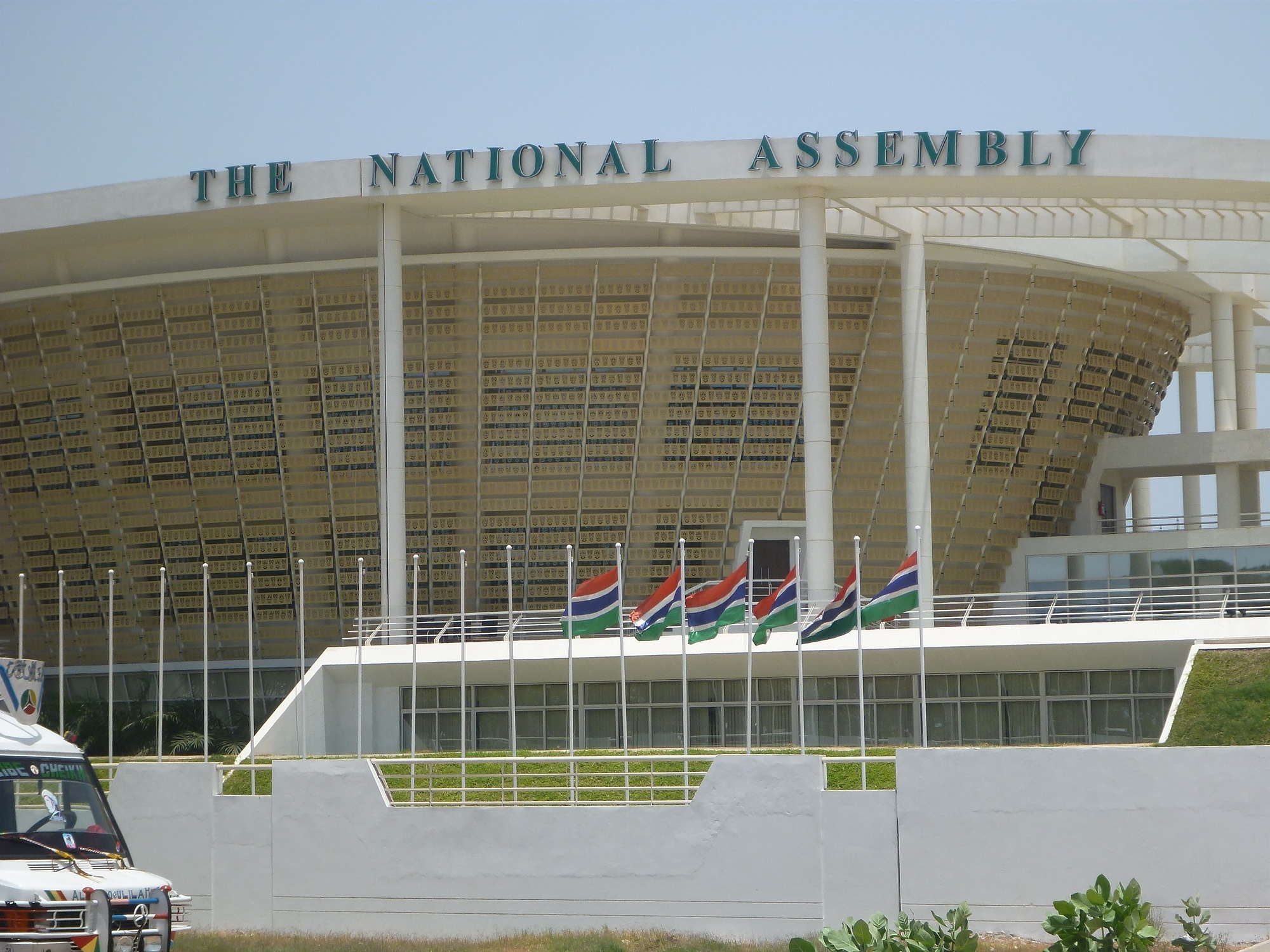By Tumbul Trawally, Seattle, U.S.A.
Since when did having access to a loan become a bad thing? What one does with the loan is the critical question to ask. Those criticizing President Barrow for securing the $100 million loan for women’s groups—should think again! As former President Obama used to say during his 2008 run for the presidency: Our “Fierce Urgency of Now.” We cannot delay the loan till our favorite candidate becomes president. When you have over 50 percent unemployment and your youths are dying in the Sahara Desert, Mediterranean Sea or the Atlantic Ocean to reach Europe—you don’t have the luxury to postpone issuance of loans or development projects. You don’t need those development projects—today; you needed them—Yesterday! In some instances, it is wise to take politics out of economics.
Presidents come and go, but countries endure and don’t have a shelf life. Each president does his/her part towards national development during his/her tenure and moves on. That is how a country develops. As the old adage goes: “Rome was not built in a day.” How many Gambians could have afforded a compound at the Bakoteh and Kanifing layouts, if their fathers were not the late Alhagie Momodou Musa Njie, the late Sankung Sillah, the late Njie BP, or Basirou Jawara, without a loan from the Social Security Corporation? Not many! After securing the loan from the Social Security and Housing Finance Corporation, it is left to the owner of the compound to take care of it and appreciate its value; otherwise, it decreases in value. It is a similar scenario for a company or a government securing a loan.
A lot of Gambian businesses came into being, after the establishment of The Gambia Commercial and Development Bank, in the early 1970s. Prior to that, Standard Bank was the only Commercial Bank (and the only bank) in The Gambia for decades. Securing a loan at Standard Bank was not easy; it mostly catered to the elites in society. Trust me — I worked there for twelve years — I know what I am writing about. The Gambia Commercial and Development Bank, and later the BICI bank made loans accessible to sectors of the Gambian society that never had access to bank credits, before. As a result, countless jobs were created and former petty traders became full-fledged business tycoons.
To further illustrate the benefits of loans, on July 15, 1946 the United States government extended a loan of $3.75 billion (about $57 billion in today’s US Dollars) to Britain; Canada loaned an additional US$1.19 billion. It was a year after the end of World War II, when large swaths of Britain lay in ruins. The chief negotiators of the loan were the eminent British economist, John Maynard Keynes and American diplomat, William L. Clayton. The loans enabled Britain to keep its battered economy afloat. The last repayment of the loan was made on 29th December 2006 for the sum of about $83 million dollars, after it was extended for 6 years. Tony Blair was Prime Minister of Britain in 2006, during most of our lifetimes. The notion that developed countries give boat loads of cash to one another as gifts is a fallacy. Their governments and National Assemblies account for every penny they spend.
As for the Marshall Plan, which is similar the $1.70 billion pledged to the Gambia by the EU and other donors or the aid given to Rwanda after the 1994 genocide, was passed through the U.S. Congress on April 3rd 1948 for $12 billion (nearly $100 billion in 2019 US dollars). This was the breakdown of the recipients of the grant: 26 percent to Britain; 18 percent to France; 11 percent to West Germany; the rest shared between the other western European countries. Russia and the eastern European countries declined the aid. The objective of the Marshall plan was to rebuild Europe, create jobs, maintain social stability, and strengthen democratic governance. It achieved its objectives. The victors of World War II learned from the mistakes made by the victors of World War I. At the end of World War I, Germany was slapped with a hefty bill of reparations, totaling in the billions of dollars. The payments drained the German foreign currency reserves, which precipitated hyper-inflation (extreme price increases), and the emergence of the Nazis and Adolf Hitler.
In 2005, the Rich nations of the Group of Eight (G-8) wrote off about $40 billion in debt owed to multilateral institutions like the World Bank, IMF, and regional development banks such as the African Development Bank. The loan write off benefited fourteen African countries, including The Gambia. That is similar to the Marshall Plan grant. A written off loan is similar to a grant, an aid, or an outright gift. The difference is European countries spent the aid on developing their countries, while Third World countries spend the bulk of their grants or aid on administrative costs and per diems.
The critical issue is that Britain and the other Western European countries have strong government institutions that ensured accountability, which is what we also need in The Gambia. But delaying the loan till your favorite candidate gets into office, is not an option, when more than one hundred of our citizens drowned off the coast of Mauretania few months ago. I applaud the Barrow government in directing the loans towards women’s groups; they will be more careful in spending their loans. When you empower a woman, you empower the whole family. The number one fear of a woman is the inability to provide food for her children.

